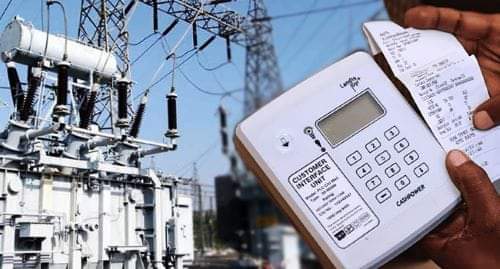Electricity tariff hikes affect only N1.5 million customers & won’t affect the majority of Nigerians–Federal Government
The Nigerian government says the new electricity tariff hike will only affect 1.5 million people, which according to it is a small segment of the consumers
A recent hike in electricity tariff for Band A customers – people who enjoy at least 20 hours per day – had triggered conversation among Nigerians many of whom claim the country is still grappling with the effects of the removal of fuel subsidy and the ballooning inflation.
But the Minister of Power Adebayo Adelabu who recently hinted about the Federal Government’s push to stop electricity subsidy said the hike won’t affect the majority of Nigerians.
“From the policy formulation perspective, the recent increase in tariff for only Band A customers which is just 15 per cent of electricity consumers in Nigeria. As of the latest statistics, there are a little about 12 million customers in the sector and this [tariff hike] would only affect about 1.5 million customers,” he said.
“The remaining 10.5 million customers will continue to enjoy the government’s subsidy at about 70 per cent.”
‘Government is Sensitive’
Nigerians are battling a steady rise in inflation levels pegged at 31.70 percent according to the National Bureau of Statistics (NBS).
But Adelabu said while the government is eyeing a “cost-reflective” tariff for electricity users, the realities of the country’s economy informed the decision not to totally remove subsidy on electricity.
“The government is so sensitive to the pains of the people; to the sufferings of the people and we are not ready to aggravate this suffering any longer which is why we said it must be a journey rather than a destination,” the minister said.
“And the journey starts now. That we should do a gradual migration from the subsidy regime to a full cost-reflective regime and we must start with some customers.”
He, however, called on players in the power sector to give value to electricity consumers.
“Whatever consumers pay for, there must be commensurate value for it,” Adelabu said.




